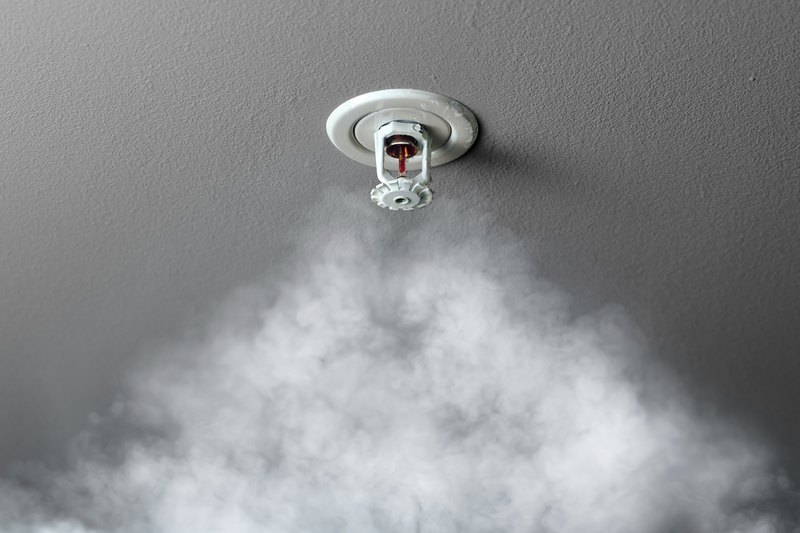Protecting your home is a top priority for every homeowner. There are various threats that can pose risks to your property, both in terms of its structural integrity and the safety of its occupants. By taking appropriate preventive measures and being proactive, homeowners can safeguard their homes and ensure a secure living environment for their families.
Pest Infestations
Protecting your home against pest infestations is crucial to maintaining a safe and healthy living environment. Pests such as termites, rodents, ants, and cockroaches can cause extensive damage to the structure of your home and pose health risks to your family. To prevent infestations, homeowners should ensure proper maintenance and regular inspections of their properties. Sealing cracks and gaps in walls, windows, and doors can prevent pests from entering your home. Keeping your living spaces clean and tidy, storing food properly, and disposing of waste promptly are effective measures to discourage pests from finding shelter in your home. If you suspect your home has been infested by pests, contact a professional pest control service as soon as possible. A qualified technician can identify and remove the pests from your home, and provide advice on how to prevent future infestations.
Storms
Protecting your home from storms is crucial due to the potential for severe damage they can cause. Storms, including hurricanes, tornadoes, and severe thunderstorms, can bring strong winds, heavy rain, hail, and lightning, all of which can wreak havoc on your property. Storm damage can create problems when it comes time to sell your home. To protect your home from storms, consider installing storm shutters or impact-resistant windows to shield against flying debris and breakage. Ensure that your roof and gutters are in good condition to prevent water leaks and potential water damage during heavy rains. Regularly check your home’s exterior for signs of decay or damage and repair any issues promptly. Trim back trees and shrubbery to minimize potential flying debris during storms. Install a generator in case of power outages so that you can remain comfortable and safe when severe weather strikes. You should create an emergency plan so that you and your family know exactly what to do in case of a storm.
Fires
Protecting your home against fires is essential to safeguarding your family and belongings. Fires can start from various sources, such as faulty electrical wiring, cooking accidents, heating systems, or wildfires. Implementing fire safety measures can significantly reduce the risk of fire-related incidents. Install smoke detectors on every floor of your home and test them regularly to ensure they are functioning correctly. Have a fire extinguisher readily available in the kitchen and other areas prone to fire hazards. Educate your family members about fire safety protocols, including escape routes and designated meeting points outside the home. Avoid overloading electrical outlets and regularly inspect electrical cords and appliances for signs of wear or damage. Keep flammable materials away from heat sources and store them safely. If your area is at risk of wildfires, create a defensible space around your home by clearing dead vegetation and maintaining a fire-resistant landscape.
By taking proactive measures to address these threats, homeowners can ensure a safe and secure living environment for themselves and their loved ones.
Did You Enjoy Reading This Article? Here’s More to Read: How Your Home May Be Making You Sick


